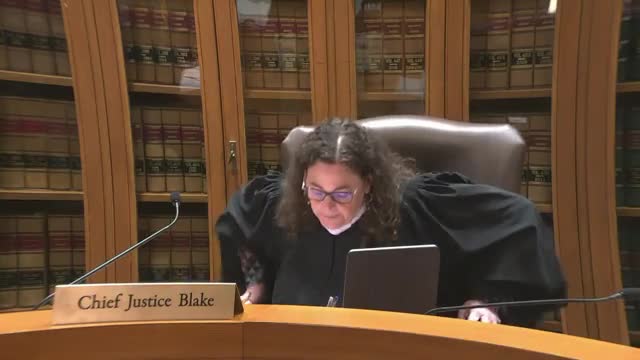Article not found
This article is no longer available. But don't worry—we've gathered other articles that discuss the same topic.
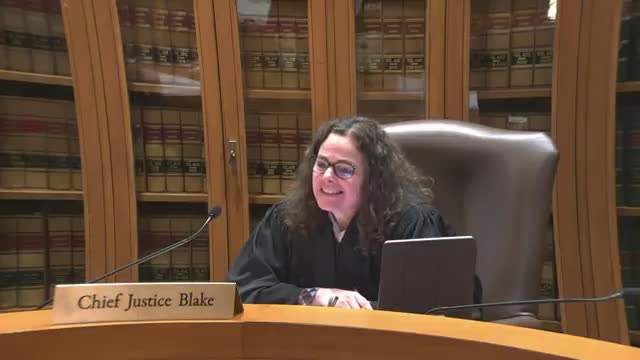
Appeals court considers ABCC authority and administrative‑record requirements in COVID-era enforcement action
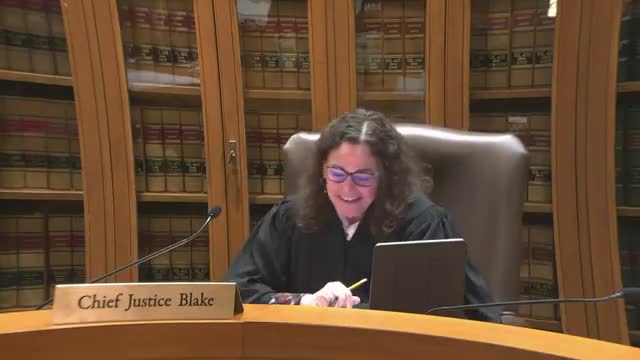
Appeals court reviews harassment prevention order after three confrontations in public and near home
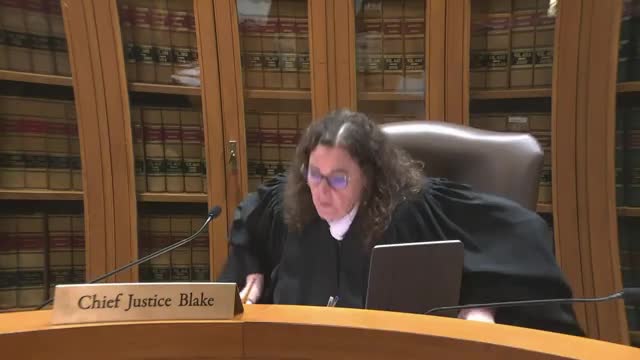
Appeals court hears challenge to DCF permanency decision after denial of motion to reopen
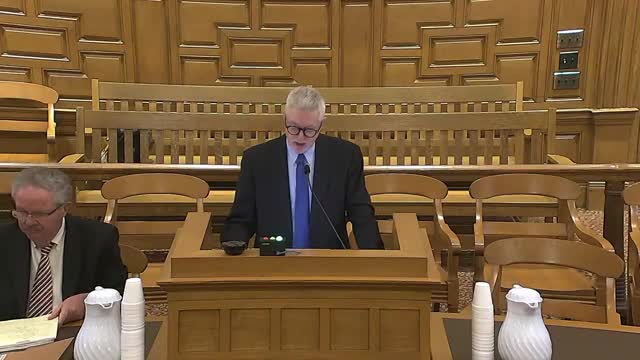
Appeals court weighs boundary evidence after neighbor cuts trees near bog
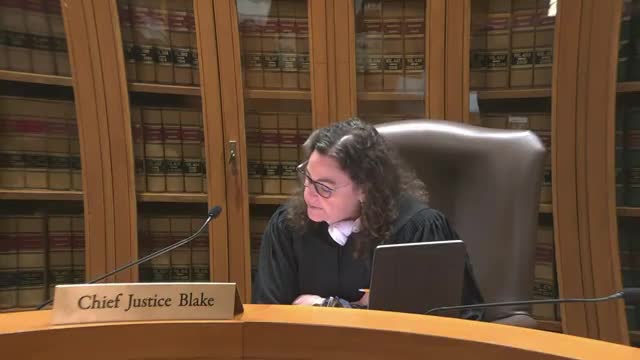
Appeals court reviews dispute over beneficial ownership and possession of 150 Atwell Circle
